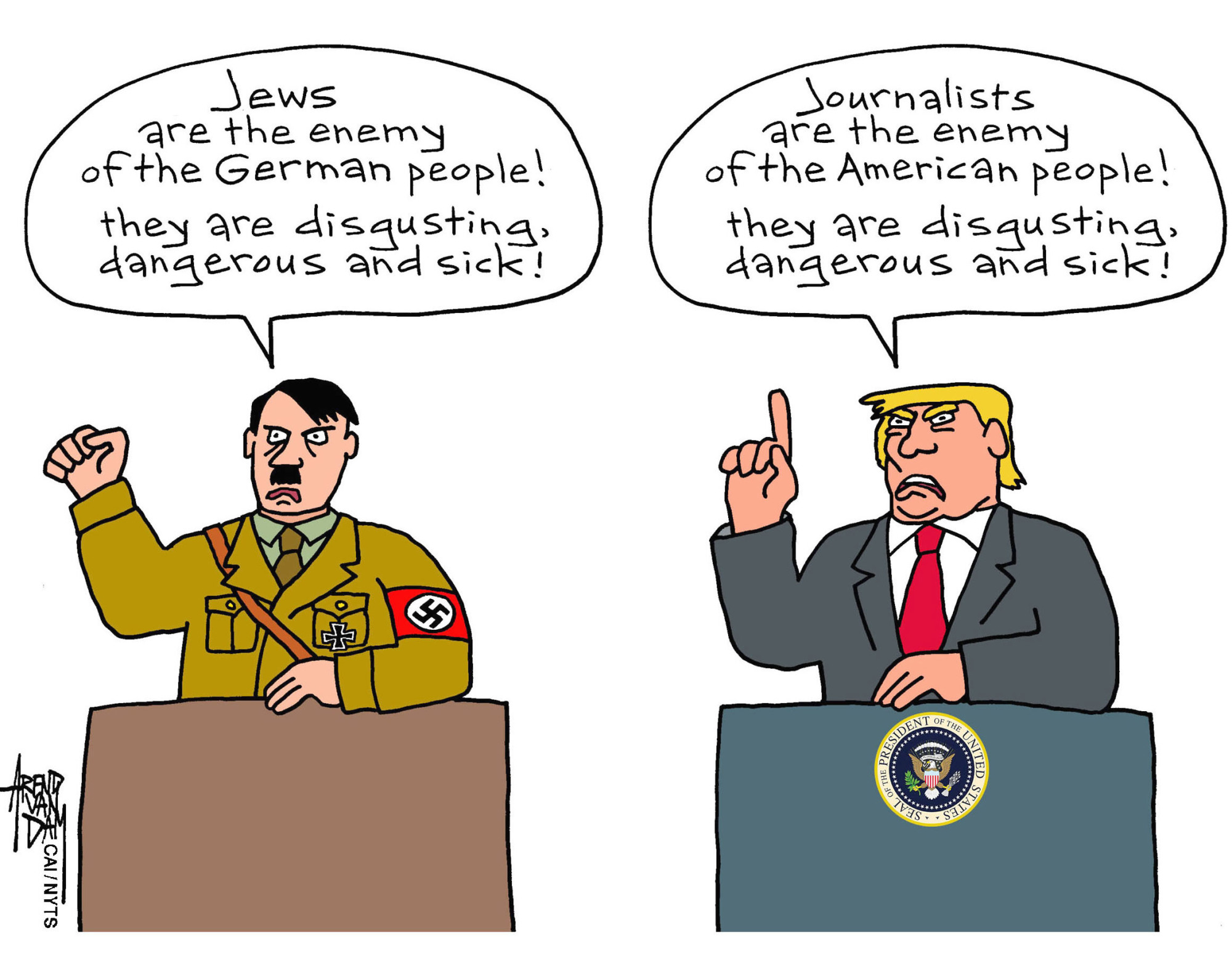What's the main value in a free press? To hear the press tell it — as in many of the 350-plus editorials published in coordination last week in response to the U.S. president's anti-press rhetoric — the answer is factual, objective coverage of events.
But that's not what the framers of the Constitution thought, or what Justice Oliver Wendell Holmes had in mind when he crafted modern free-press jurisprudence during World War I. It also doesn't match how most newspaper writers thought of themselves until the emergence of journalism as a "profession" in the post-World War II period.
The classic reason for valuing a free press is that it expresses a variety of opinions, especially those that differ from the government. That in turn fuels democracy, which requires disagreement with those in office so that the public can consider choosing new leaders instead.



















With your current subscription plan you can comment on stories. However, before writing your first comment, please create a display name in the Profile section of your subscriber account page.